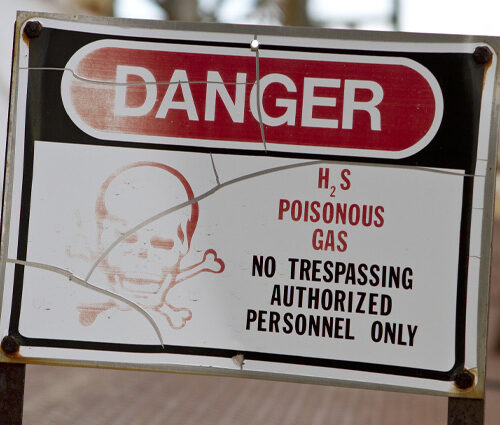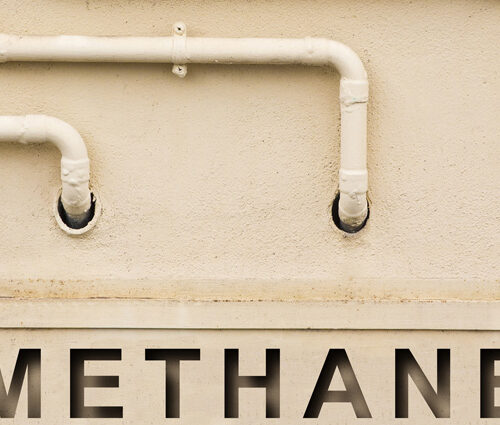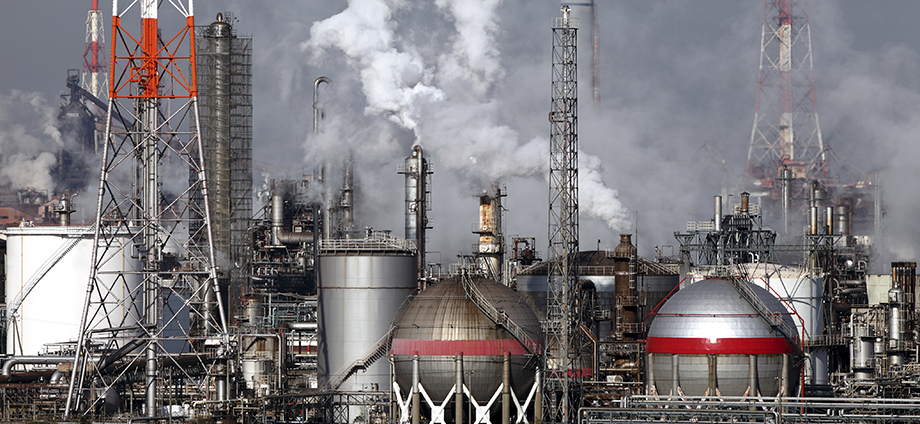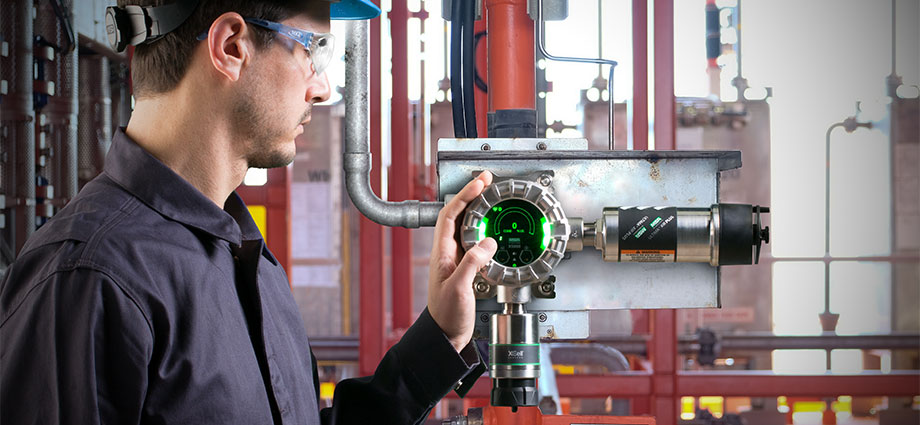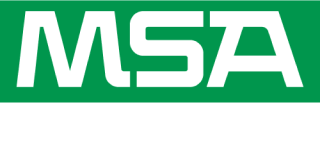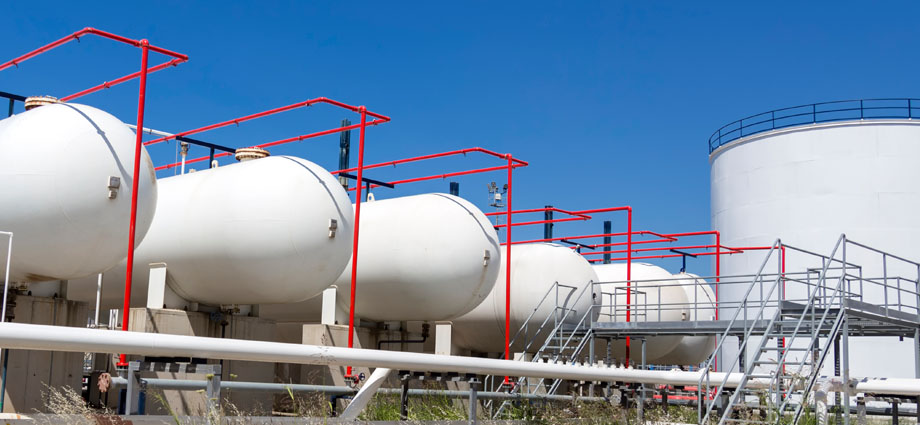
In industrial settings, the use of propane is common due to its efficiency and cost-effectiveness. However, the potential risks associated with propane leaks make gas detection systems essential for maintaining safety and operational integrity.
Why Propane?
Propane is a versatile energy source used in various industrial applications. Its benefits include:
- High Energy Efficiency: Propane provides more energy per unit compared to other fuels.
- Clean Burning: It produces fewer emissions, making it environmentally friendly.
- Cost-Effective: It is often cheaper than alternative fuels, reducing operational costs.
In the manufacturing sector, it powers forklifts, generators, and industrial heaters. The construction industry utilizes propane for site heating and hot water. In agriculture, it serves purposes such as crop drying and pest control. Propane is also prevalent in the automotive sector as an alternative fuel for vehicles, and in warehousing, where it powers material handling equipment. Each industry benefits from propane’s efficiency and clean-burning properties, highlighting the importance of effective gas detection systems to ensure safety.
Properties of Propane
Propane is a hydrocarbon gas that is stored under pressure as a liquid. It is colorless and odorless in its natural state, with an odorant added for leak detection. Propane is highly flammable, with an explosive range between 2.1% and 9.5% in air. It is denser than air, which means it can accumulate in low-lying areas, creating potential hazards if not properly ventilated. These properties make it crucial to have robust detection and ventilation systems in place.
The Dangers of Propane Leaks
- Flammability: Propane is highly flammable. Even a small leak can lead to explosive concentrations in the air.
- Asphyxiation Risk: In enclosed spaces, propane can displace oxygen, creating a suffocation hazard.
- Odorless in Natural State: Although an odorant is added, not everyone may detect it, especially in noisy or busy environments.
The Role of Gas Detection Systems
Gas detection systems are critical in mitigating the risks associated with propane leaks. Here’s why they are indispensable:
- Early Detection: Advanced sensors can detect propane at low concentrations, allowing for timely intervention before the situation becomes dangerous.
- Recommended MSA Products: IR5500 Open Path Gas Detector, Observer®i Ultrasonic Gas Leak Detector
- Continuous Monitoring: These systems provide constant surveillance, ensuring that leaks are identified regardless of when they occur.
- Recommended MSA Products: ULTIMA X5000 Gas Monitor, S5000 Gas Monitor, TG5000 Gas Monitor
- Alert Systems: Once a leak is detected, alarms can alert personnel, prompting immediate action to evacuate and address the source.
- Recommended MSA Products: SupremaTouch Controller, HazardWatch Fire and Gas System, SENTRY io, SMC Sentry IT
- Data Logging: Many systems record data on gas levels over time, helping identify patterns that may indicate persistent issues.
- Recommended MSA Products: SupremaTouch Controller, HazardWatch Fire and Gas System, SENTRY io, SMC Sentry IT
Benefits of Implementing Gas Detection Systems
- Enhanced Safety: Protects workers from potential health hazards and helps ensure a safe working environment.
- Reduced Risk of Explosions: Minimizes the chance of flammable gas concentrations reaching explosive levels.
- Regulatory Compliance: Helps industries comply with safety regulations and standards, avoiding potential fines and shutdowns.
- Operational Continuity: By preventing accidents, companies can maintain uninterrupted operations, which is crucial for productivity and profitability.
Conclusion
In facilities where propane is used, the implementation of gas detection systems is not just a safety measure—it’s a necessity. These systems provide a critical layer of protection, safeguarding employees, equipment, and facilities from the dangers posed by propane leaks. By investing in reliable gas detection, facilities can help ensure a safer workplace and provide a more secure operational environment. Prioritizing safety through advanced gas detection technologies ultimately supports long-term success and sustainability.


